Having diabetes doesn’t mean you have to stop drinking alcohol. As a diabetic, alcohol can be a part of your diet if you are vigilant about its use. But just like anyone who starts to drink alcohol, you need to know how your body reacts to alcohol and have responsible strategies for different situations. A lot of people have trouble making smart choices when it comes to drinking. Add diabetes into the mix, alcohol can be even more difficult to handle.
If you are a diabetic, always consult with your healthcare provider to see if drinking alcohol is safe for you and make sure alcohol does not complicate any diabetic problems you might have or interact with your medications.
How alcohol affects diabetes?
If you are a diabetic taking insulin or oral medication, you’ve a greater chance of developing hypoglycemia (low blood sugar) with alcohol intake. Always consult your healthcare provider if it’s OK to combine alcohol with your insulin or oral diabetic medications. You should be aware that alcohol can cause hypoglycemia even 24 hours after its consumption.
Liver plays a very important role in regulating our blood glucose. It serves two important functions in this context.
Normally, when our blood sugar gets too low, liver steps in immediately and starts releasing stored glucose into the blood stream.
It’s the major site where alcohol is processed or metabolized after entering our body.
Alcohol interferes with liver’s ability to release stored glucose. Our body treats alcohol as a toxin and will try to get rid of it as quickly as possible. So once alcohol reaches the liver, the enzymes immediately start working to metabolize it. Liver will not perform the function of releasing stored glucose until all the alcohol is cleared from the body. That’s why having as little as one drink on an empty stomach can cause severe hypoglycemia.
Taking alcohol with food will serve two functions:
- Food will act as a sponge and delay absorption of alcohol into blood stream
- It will prevent hypoglycemia.
If you get hypoglycemic after drinking, keep in mind that glucagon shot will not work in this case. Glucagon injections treat hypoglycemia caused by insulin overdose by making the liver release more glucose in blood. But alcohol blocks this process. That’s why it’s extremely important that you carry glucose tablets or any other source of sugar with you at all times. If you lose consciousness due to hypoglycemia after drinking, you’ll need glucose injected into your blood stream by a healthcare provider.
Alcohol and Liver:
When you drink alcohol your liver works hard to remove it from the bloodstream. Heavy alcohol intake over time can also damage your liver called cirrhosis, making it hard for the liver to produce glucose and regulate blood sugar.
Alcohol and Pancreas:
Heavy alcohol intake can cause inflammation in your pancreas causing a condition called pancreatitis. Pancreatitis is a serious condition that can damage pancreas overtime and cause diabetes, if you are not already diabetic. Pancreas is an organ that is already stressed in a diabetic. Alcohol further stresses it making it difficult to maintain healthy glucose levels.
Alcohol and Weight Gain:
Alcohol contains a lot of empty calories, which means calories without nutrients. Drinking more than the recommended amount adds a lot of calories to your body, which are then stored as fat causing weight gain. Weight gain in a diabetic makes it more difficult to regulate blood glucose levels. Alcohol also increases the level of triglyceride in your blood which increases the risk of heart disease.
Recommended Daily Intake of Alcohol:
Moderate drinking only- that means no more than one drink per day for women and two drinks per day for men under age 65. If you are over 65, keep it to one drink a day because alcohol sensitivity increases with age. These are the same guidelines as for non- diabetic.
One drink means:
- 12 ounces (360ml) of beer (5% alcohol)
- 5 ounces (150ml) of wine (12% alcohol)
- 1.5ounces (45 ml) of hard liquor/distilled spirits such as scotch, gin, tequila, whiskey, brandy, rum or vodka. (40% alcohol)
When to avoid alcohol?
Some diabetics can safely drink moderate amount of alcohol. But for others any amount of alcohol can make some diabetic problems worse. It is extremely important for you to know about the conditions that worsen with alcohol intake, so that you can make wise drinking choices.
Safe Drinking Guidelines:
Consult your healthcare provider before consuming alcohol and follow their advice. Alcohol can worsen some diabetes complications.
- Check your blood sugar levels before, during and after drinking so you can make insulin adjustments as needed.
- Check your blood sugar level before going to bed if you have been drinking. It takes about 2 hours for a 1oz of alcohol to be metabolized and leave your system. So drinking continues to have an impact on your blood sugar level long after you have called it a night. Keep in mind that alcohol can cause hypoglycemia even 24 hours after its intake. It’s good to have a snack before going to bed to avoid getting hypoglycemia while asleep.
- Always drink alcohol with food or after a snack, never on an empty stomach.
- Always carry glucose tablets or another source of sugar with you. Glucagon shots will not work in this case.
- Don’t exercise before drinking. Physical exercise can lead to low blood sugar and so can alcohol. If you mix the two, your blood sugar levels might get dangerously low.
- Some symptoms of drinking can be confused with low blood sugar symptoms i.e. sluggishness, confusion, sleepiness, disorientation, dizziness, slurred speech. Make sure you know these symptoms and inform other around you. People can mistake hypoglycemia for drunkenness and may not realize this is a medical emergency. So it’s a good idea to wear a diabetes medical alert bracelet or I.D at all times.
- Stick to mixers that are calorie and carbohydrate free. Although alcohol itself might not have carbohydrates, mixers and syrups do.
- Watch out especially for beer because some have plenty of carbohydrates with no nutritional value. Add these to your daily carbohydrate count. If you are trying to prevent weight gain, it’s a wise choice not to drink. Even one light beer can add 100 calories.
- Choose options that are lighter on carbohydrates and calories such as dry wines and wine spritzers or mixed drinks that use only sugar free mixers like diet soda, tonics and seltzers.
- If you drink alcohol, it is very important to let your doctor know. Drinking regularly, even in small amounts, can interact with many prescription medications you might be taking.
- Alcohol can make you feel relaxed and lead to poor eating and drinking decisions. To avoid this, make sure you have a drinking plan in place, especially in social settings.
- Alcoholic drinks may add extra calories and carbohydrates to your diet. In that case, you’ll have to adjust your other food choices throughout the day. Be advised, that it is always better not to “drink” your calories. For a diabetic, making healthy food choices should come first.
- Regularly checking your blood sugar level will help you make intelligent decisions about drinking. If your blood glucose is already low/not controlled, don’t drink.
- NEVER drink and drive!
- Avoid binge drinking
- Be informed and make wise choices.
In conclusion, as a diabetic it is very important for you to learn as much as possible about routine diabetic foot care as it plays the biggest role in preventing foot ulcers.
Diabetes and Foot Care … read more:
- Diabetes and Alcohol Consumption – Latest Release

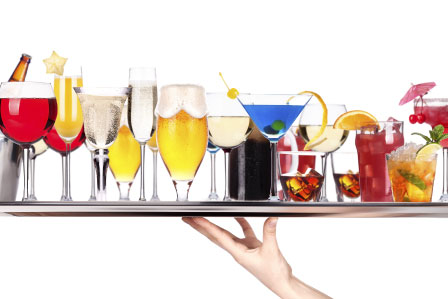
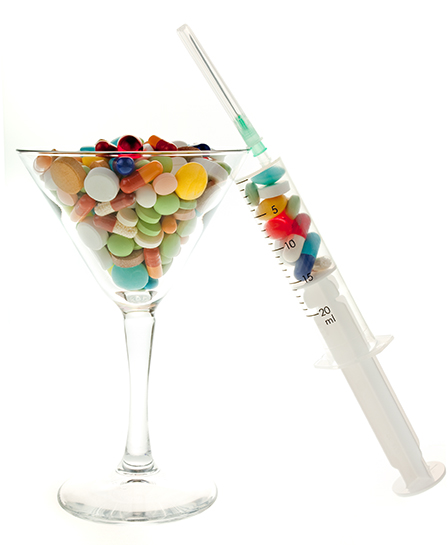
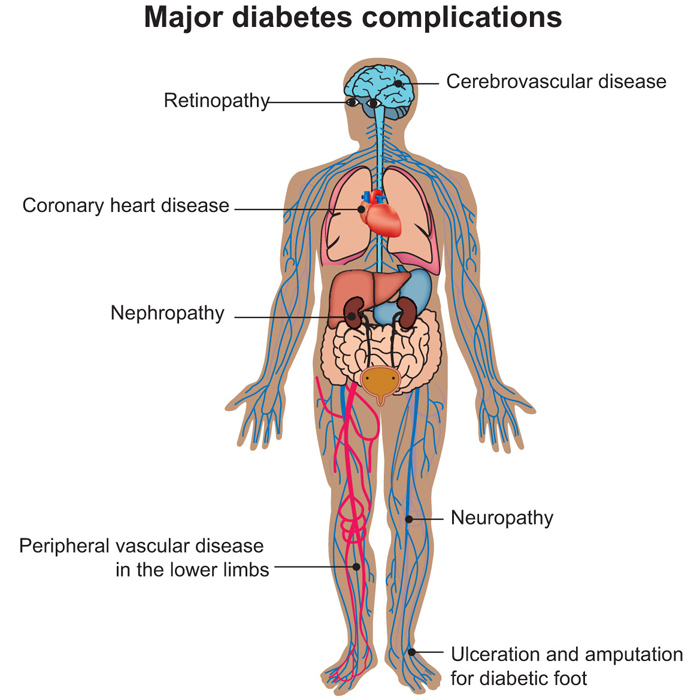
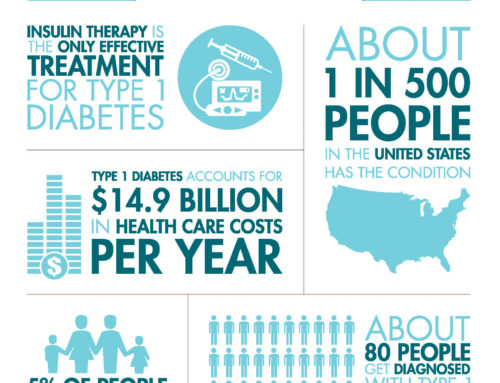
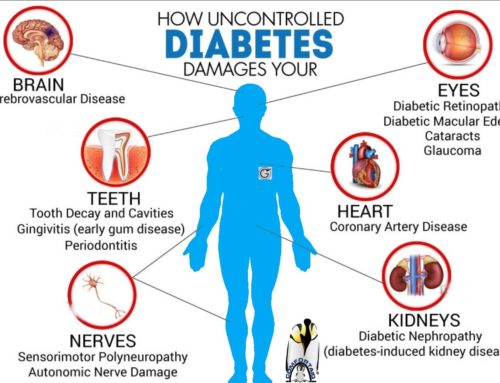

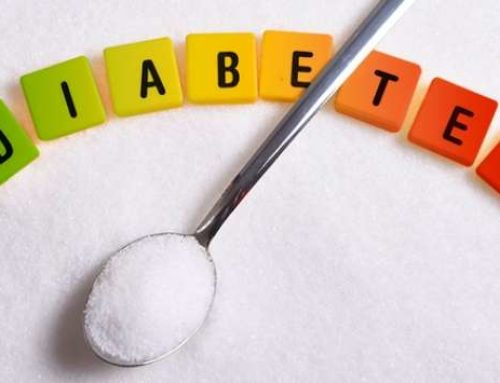
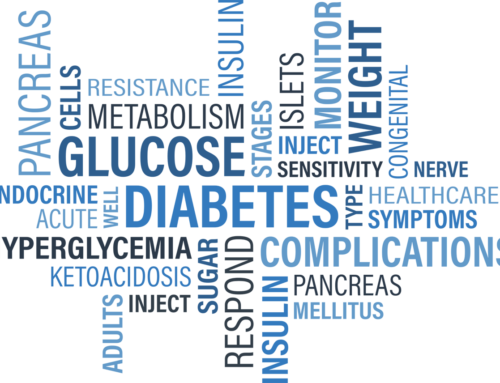
Now that is great information. I can tell a lot of time and hard work went towards this post. This is awesome!
This posting has given me some good concepts for my new blog. It’s always nice to come across decent content that inspires new ideas, thanks.